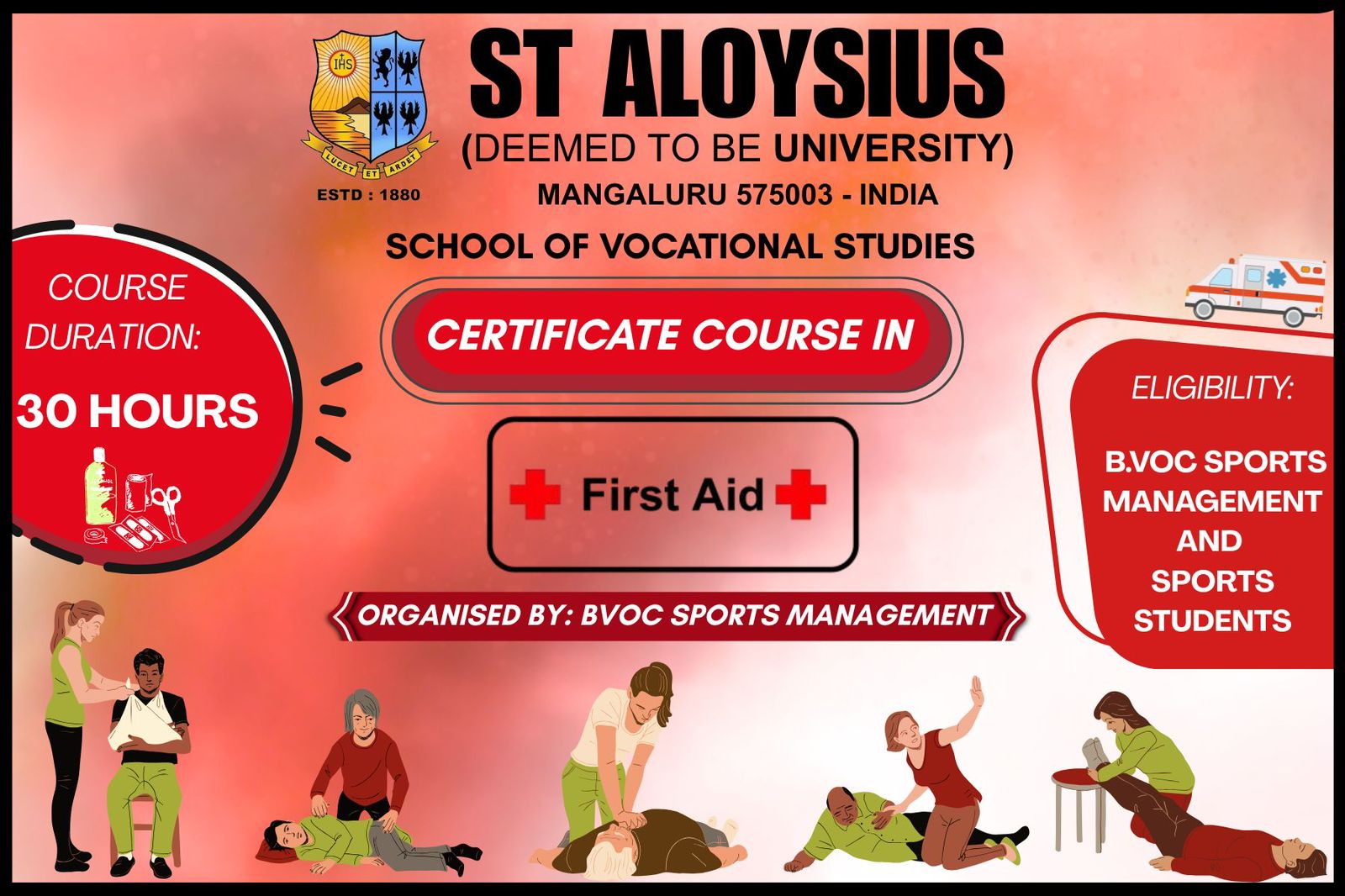Category
Level
Price
Language
Rating
12 Courses are found
 Beginner
Beginner
SamrtBiz Yatra:समार्ट सोच
MODULE I: पर्यटन का परिचय (10 HOURS)Introduction – Definition, meaning, scope and concept of Tourism - Types of Tourism,...
 Beginner
Beginner
BAKERY & CONFECTIONERY
The Bakery & Confectionery Certificate Course is a 30-hour skill-oriented program designed to provide learners with a co...
 Beginner
Beginner
An introduction to Data Analysis Using R programming
This course provides a foundational introduction to data analysis using the R programming language. It is designed to eq...
 Beginner
Beginner
FIRST AID CERTIFICATE COURSE
Course DescriptionThe First Aid Certificate Course (30 Hours) is a skill-oriented programme designed to equip sports stu...
.jpeg) Beginner
Beginner
KONKANI E-SAMVAHAN
Mangalore Konkans Dubai&St Aloysius Deemed to be University)jointly organised E-SAMVAHAN (conversation) online certifica...
 Beginner
Beginner
Professional Modelling
Mangalore’s First-Ever Modeling Academy: A pioneering program offering professional training for beauty pageants, confid...
 Beginner
Beginner
Diploma in Psychological Well-being
"Psychological Well-being" is a beginner-level course designed to introduce participants to the essential concepts and p...
 Beginner
Beginner
DIGITAL SAFETY
This program equips participants with essential skills to navigate the digital landscape securely. Covering topics such...
 Intermediate
Intermediate
MICROBIOLOGY AND MOLECULAR BIOLOGY
Unit 1: Introduction to Laboratory Techniques, Biosafety, and Laboratory Safety Overview of microbiology and molecular b...
 Intermediate
Intermediate
FULL STACK WEB DEVELOPMENT
Syllabus:Module 1:Fundamentals of HTMLElements, character entities, horizontal rules, line breaks, paragraphs, working w...
 Intermediate
Intermediate
Quality Assurance and Quality Control
SYLLABUSQuality Assurance and Quality ControlModule 1: ...
 Beginner
Beginner
3D MODELLING
To create realistic 3D objects in in 3Ds Max software. creating interior and exterior scenes in 3D.

